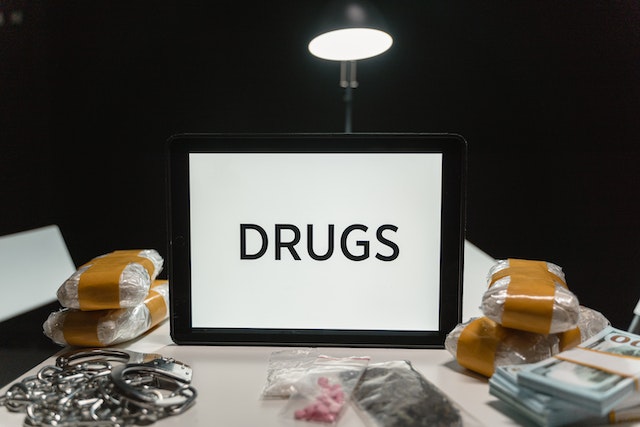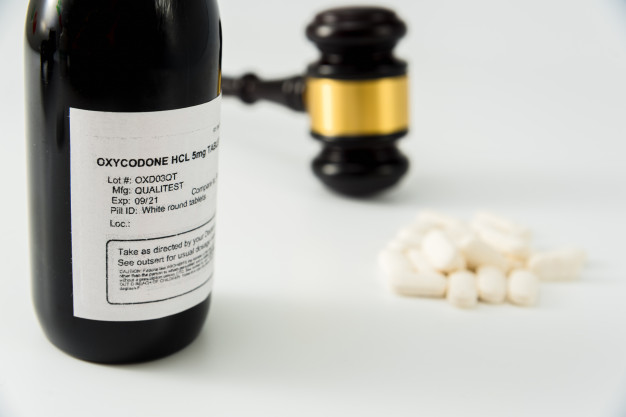From my America Out Loud Pulse podcast with Dr. Molly Rutherford – https://www.americaoutloud.news/its-2024-what-is-happening-with-opioid-addiction-and-the-settlement-funds/
In 2020, 54 million U.S. adults were living with chronic pain. Management of non-cancer pain went through a slow evolution starting in 1980 to include opioids. While opioids are indicated in many types of pain, they carry potential risk of addiction and overdose. The National Institute on Drugs Abuse data in 2019 revealed that 21 to 29 percent of patients prescribed opioids for chronic pain misuse them; between 8 and 12 percent of people using an opioid for chronic pain develop an opioid use disorder.
In 1995, the pharmaceutical companies insisted that their new opioid pain relievers, particularly OxyContin, were safe and effective and not addictive. Not true. Worse yet, an April 13, 2022 congressional oversight committee report revealed that at least 22 McKinsey consultants were simultaneously working with the Food and Drug Administration (FDA) on opioid safety and advising Purdue Pharma on how to influence the regulatory decisions of the U.S. FDA, as well as how to maximize sales. The bad behavior travelled down the food chain. For example, an email in the records of distributor AmerisourceBergen revealed during a state trial last year in West Virginia described their addicted consumers as “pillbillies” and referred to OxyContin as “hillbilly heroin.” Distributors also sent massive quantities of OxyContin to small rural communities clearly disproportionate to the population.
Now many of the major players in the prescription opioid debacle are paying the piper. Several physicians have been prosecuted – some unjustifiably – for overprescribing, others were a frank embarrassment to the profession by operating pill mills.
The national opioid settlement resolved thousands of civil lawsuits by state, local, and Native American governments. The lawsuits alleged that the sometimes sketchy business practices of many firms in the chain of commerce contributed to the opioid crisis. The national opioid settlements are the second-largest public health settlement of all time, following the $246 billion tobacco master settlement of the 1990s.
The largest pharmaceutical opioid distributors, (McKesson, AmerisourceBergen, and Cardinal Health) will pony up $21 billion and one manufacturer (Johnson & Johnson) will contribute $5 billion as well as cease manufacturing prescription opioids. Teva, Walgreens, and Walmart and several other smaller companies add to the financial mix.
The creator of OxyContin, Purdue Pharma (not to be confused with Perdue, the chicken supplier) entered into a separate settlement for $6 billion as part of its bankruptcy proceedings. While 60,000 vocal victims approved of, and were awaiting the funds, the federal government decided the terms immunizing Purdue’s owners, the Sacklers, from personal liability was not consistent bankruptcy law since the Sacklers did not declare personal bankruptcy. The case is currently in front of the Supreme Court and no ruling is expected until June 2024.
Who will control the funds? Currently several states have created councils that vary in their make-up but generally include health professionals, law enforcement, and victims of addiction. Importantly, where will the money go?
These councils are deciding on where to allocate the funds and are now the objects of multiple companies pitching their products. Most agree that the biggest portion should go to treatment by building treatment facilities and increasing access to medications for opioid use disorder, including for the uninsured, and providing naloxone to reverse overdoses. Some local governments want to use the funds to purchase law enforcement tools. Despite usefulness in curbing drug trafficking, as you can imagine, many groups are unhappy with this option. Additionally, many worry that as with the tobacco settlement, monies would go to unrelated projects.
My guest will share her expertise in addiction medicine and public policy.
*Dr. Rutherford’s website: Blue Grass Family Wellness: https://bluegrassfamilywellness.com
*To find how the settlement funds will be used in your area go to:
https://www.naccho.org/uploads/downloadable-resources/OpioidSettlementsPDFFinal.pdf
Bio
Molly Rutherford, MD, MPH is the founder, medical director, and physician at Bluegrass Family Wellness—a direct primary care clinic in Kentucky. She is board certified in Family Medicine and Addiction Medicine, and employs a holistic approach to her patients’ physical health. She has more than a decade of experience treating opioid addiction.


